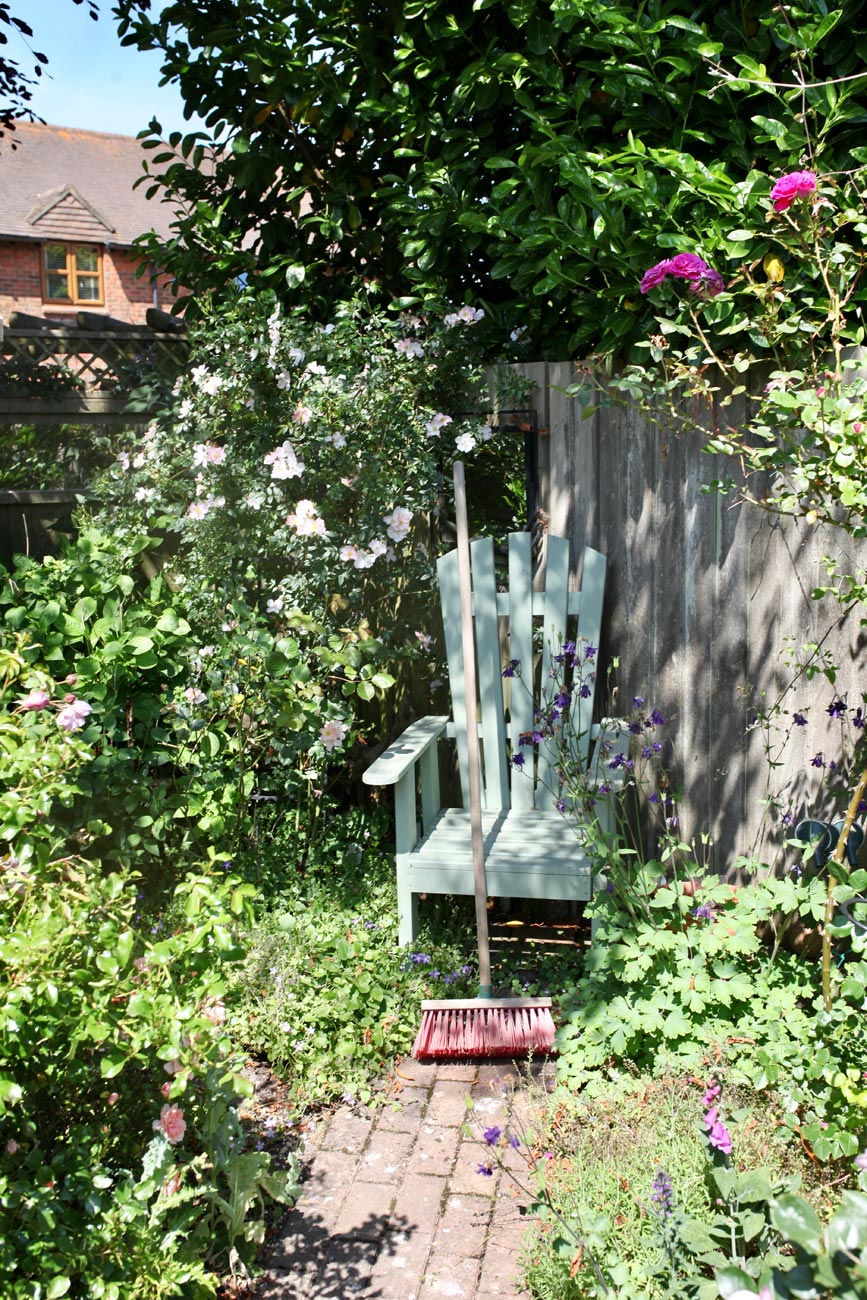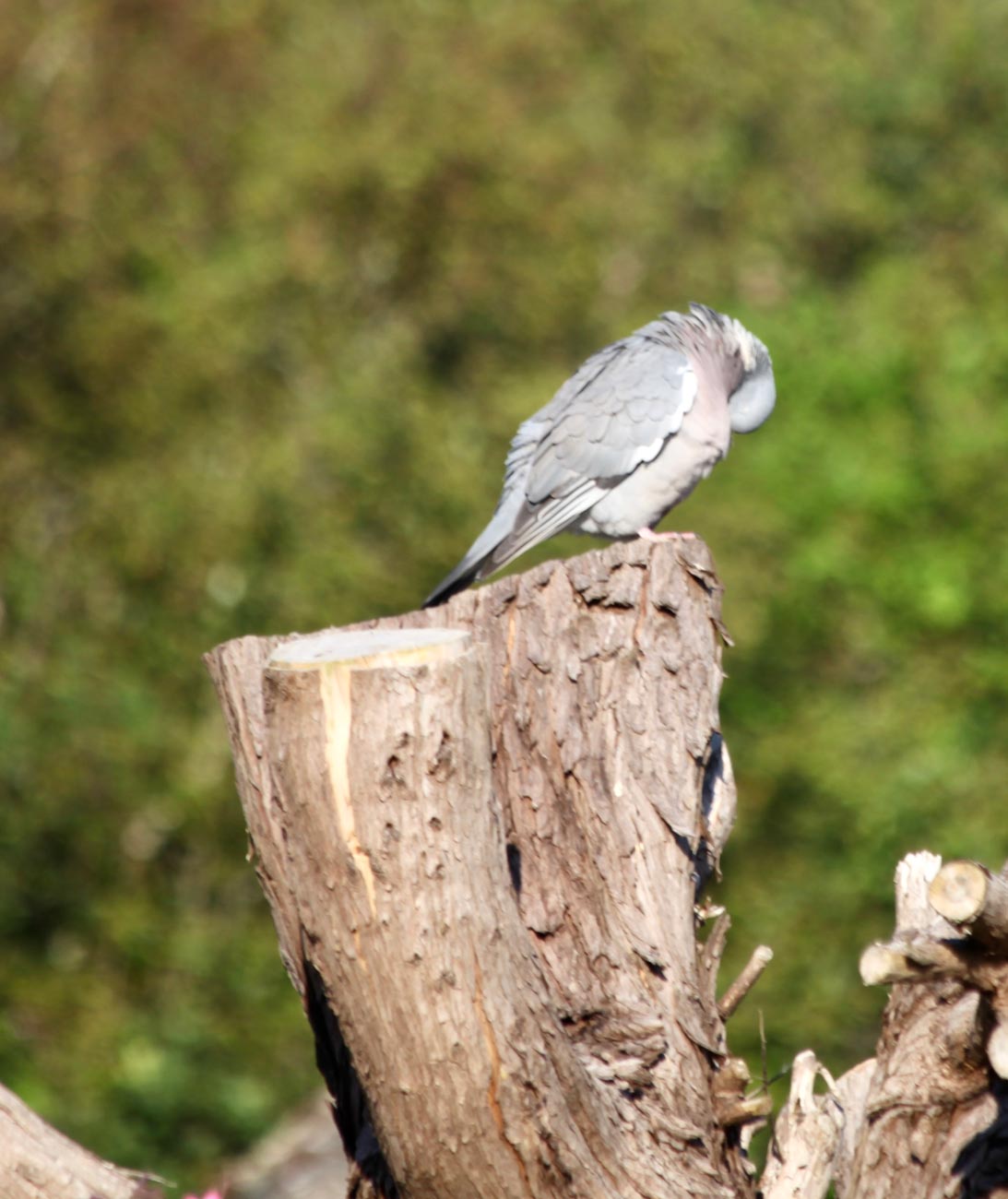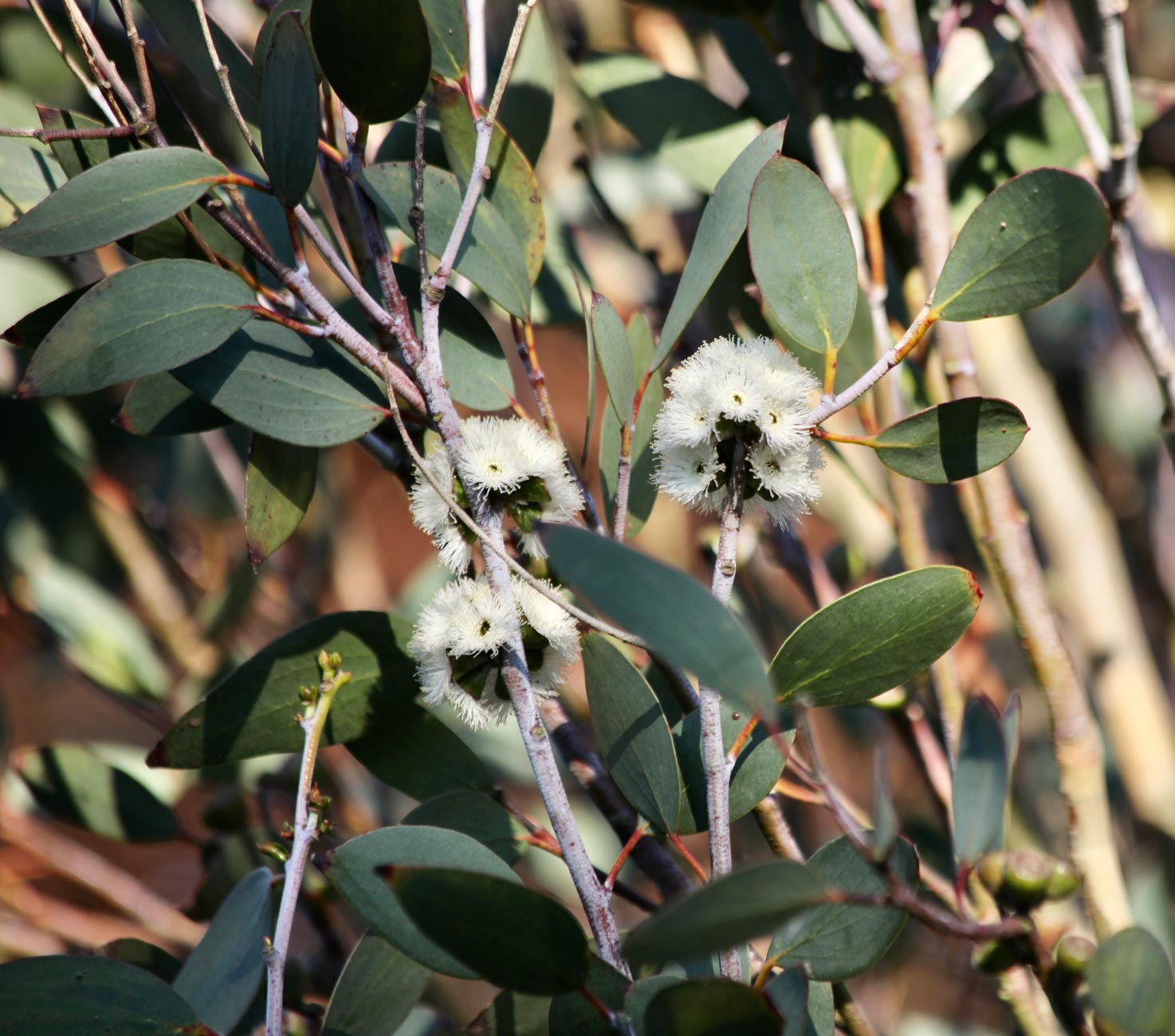I began the day by reading three more of Anton Chekhov’s short stories and scanning one illustration.
In her introduction to ‘Kashtanka’ (1887) Elisaveta Fen quotes a letter from Chekhov’s friend, the poet Polonsky, who wrote ‘the ending is not only unexpected but also significant, and this is most important. The colour of the language fully corresponds to the place, time and character of your protagonists.’
I will say no more about this finely crafted tale except that it is told from the, especially olfactory, perspective of a mongrel dog; and that the significance of the unexpected ending is, to me, that early attachment, despite abuse, is often paramount – in humans as well.
The next two tales benefit from the author’s medical qualification and practice.
‘The Enemies’ (1887) features a scene in which someone has just died as described by one who, as a physician, knows just how it could be. Fen says ‘Its atmosphere is conveyed with economy of detail, the impact of which on the reader’s imagination is the greater for this.’ Chekhov conveys the immediate impact of grief, with an understanding of psychology, whilst allowing that this will subside over time. The mutual hatred of the enemies, each from a different class, is ultimately extended to all other members of their respective classes. Such divisions still hold good today.

‘Varka steals up to the cradle and bends over the baby’ illustrates ‘Sleep. . . sleep’ (1888), which Chekhov himself apparently did not rate too highly.
I have to agree with the translator that ‘the story is a remarkable example of ability to identify with a young peasant girl, driven half-insane by deprivation of sleep, and to describe the visions that drift through her mind – visions and memories which, in a few sentences, paint the whole of her background, making this story a minor masterpiece.’ The effects of mental exhaustion are conveyed with personal and professional insight giving the author a highly developed capacity for empathy. I imagine there will be many, confined by Covid lockdowns to high-rise flats with no gardens, who identify with this.
This afternoon, while Jackie watered thirsty plants, I, accompanied by the soothing burble of the water feature, weeded



the final arm of the Rose Garden Brick Paving,


leaving three sets of stepping stones still to be cleared. I left the broom propped on the wooden chair in the shady corner.
This evening we dined on Jackie’s delicious lamb jalfrezi and savoury rice, with which she drank more of the Salento Rosato and I finished the Fleurie.


We began our drinks on the patio where, while we watched a preening wood pigeon, we were joined by the lonely collared dove which lost its mate to a predator earlier in the year.




We could also see that three of our Antipodean Arboreal Delights are now blooming simultaneously. The cordyline Australis has a heady honeyed scent that pervades the garden; the yellow bottle brush plant attracts bees, one of which, with a filled sac, is homing in in the picture; and the eucalyptus flowers take on the guise of little furry creatures.
Interesting discourse on Chekov and lovely pictures of the garden.
Thank you very much, Pat
Both tragic stories are nothing short of brilliant, even though Chekhov himself valued them much less than his plays. Again, I am less than truly impressed by the illustration, perhaps because I have had my own vivid image of Var’ka since my teenage years.
I’m sure that is right, Dolly. Thanks very much.
You are very welcome, Derrick.
Seeing those Antipodean Arboreal Delights is truly a treat, Derrick. Those plants are new to us…
They were new to me, too, before we came here 7 years ago. Thanks very much, Maj and Sher
I like the little furry creatures.
Thank you very much, Tootlepedal
The bottle brush plant reminds me of Kniphofia.
Anyway, it seems you are tackling the weeds well. A never-ending task at this time of year!
Thank you very much, Helen. I can see the similarity
Your discussion of Chekov’s stories makes me want to take a week off work and just read short stories from morning ’til night!
I’m pleased. Thanks very much, Liz
You’re welcome, Derrick.
I haven’t read Chekhov since my uni days, before mobiles existed. I must reread.
It has been worth rereading for me, Gary. Thanks very much
Wonderful garden. Compliments. I like the Russian authors, but strangely enough Tchekov has always been on my to-read shelf… Hmm. Must be gathering dust.
Fleurie… Quel délice…
Thank you very much from us both, Brian
I’m glad the lonely dove felt comfortable enough to stop in for a visit. Thank you for the exotic fuzzy flowers.
Thanks very much, JoAnna. The dove visits every day, as it once did with its mate
Your description makes me want to read Chekov. I’ve only seen his plays. On the other hand, I have never seen eucalyptus blossoms. What a thrill.
I will try to remember your interest in eucalyptus flowers when the season starts down here and take a few pictures.
That will be good
Please do! I have seen them in California and knew they had pods, but had not been there at blossom time.
Thank you very much, Lisa
I love the brush looking plant. It intrigued me.
Thanks very much, Mrs W. We have a red one, too. It hasn’t come out yet
Cool.
Your weeding seems to be an ongoing saga Derrick, hopefully your task nearing completion ..
Only the Rose Garden bit, Ivor. There is plenty more Thank you very much
Thank you very much
Does the weeding ever end — or is it like painting the Golden Gate Bridge in San Francisco — when you finish the job it’s time to begin again!?
We do get winter respite, Janet – but only then. Thank you very much.
It’s amazing how the features of your garden keep fascinating your readers day after day. I have lost count of the varieties of arboreal delights it contains.
I felt sorry for the lonely wood pigeon. Perhaps Chekhov could have written a story from its perspective.
I’m sure he could have, Uma. Thank you very much.
Oh that bird is so adorable! ♥♥
Thank you very much, Sonali
♥♥
I thought your dove perched on the birdbath was a sculpture. Lovely creature.
Indeed, Judy. Thank you very much
I enjoyed the pigeon and dove very much, too. Beautiful birds! I am sorry for the one who lost their mate.
Thank you very much, Lavinia. The grieving bird and mate always drank from this water feature. The survivor has continued daily.
Wonderful photos and another reminder of books I haven’t got around to reading yet.
Thanks very much, John
After all that work in the garden, you conjure up a pleasant picture of having drinks on the patio at the end of the day. A bird bath is a ‘must’ for every garden – as your photograph shows so clearly!
Thank you very much, Anne. You prove how essential is a bird bath.
Because you showed the beauty of some of the eucalypts, I shall overlook your culinary blunder.
Indeed!
I can recall as a primary school child, maybe 8 or so, the teacher saying to the class “You mustn’t start a sentence with “because”. I was an avid reader, so have always delighted in breaking that particular rule!
All such rules are there to be broken for literal effect. Why? Just because.
By the way, totally out of context, I have never made sense of the saying “It’s the exception that proves the rule.” Can you explain it, in words of one syllable or even fewer syllables!
Cos tis a quirk the rule must be right, innit?
Burbly water sounds ARE so soothing and good company! on the little lonesome dove. So glad it can find comfort in your beautiful garden.
on the little lonesome dove. So glad it can find comfort in your beautiful garden.
Aw
The places to sit-a-spell look so inviting!
I love the bottle brush plants! We have red ones here! As a little girl they always intrigued me and I was so glad no one used them to wash/clean bottles!
(((HUGS)))
We have red ones too, but they are not out yet. I love how children’s imaginations can be so sensibly literal. Thanks very much, JoAnna
Phew! Chekov’s short stories sure pack a punch, even just the descriptions. Then, the illustrations! Yes, empathy is a good word to describe Chekov’s outlook. Also gloomy, tragic, and pessimistic?
Possibly. I have to re-read more, since I have forgotten the rest. Thanks very much, Laurie
Thanks very much, Laurie
After you have read more, let us know. I you have the time.
Will do
No livestock today – but lovely to see the ring collared dove. I wonder if it will find a new companion?
Not yet. We had another visit this evening. Thanks very much, Sue
The Chekhov stories sound so interesting.
I really like the photo of the widowed pigeon. He/she looks both curious and pensive.
Thanks very much, Merril. Yesterday (I’m going to call her she) the widow stayed longer to drink in the presence of the three of us.
You and Jackie are bird whisperers.
Beautiful! Having drinks on the patio surrounded by all these little souls and beauty! Enjoy it!
Thank you so much, Ribana.
I enjoyed Chekiv. Be good to revisit
Thanks very much, Sherry